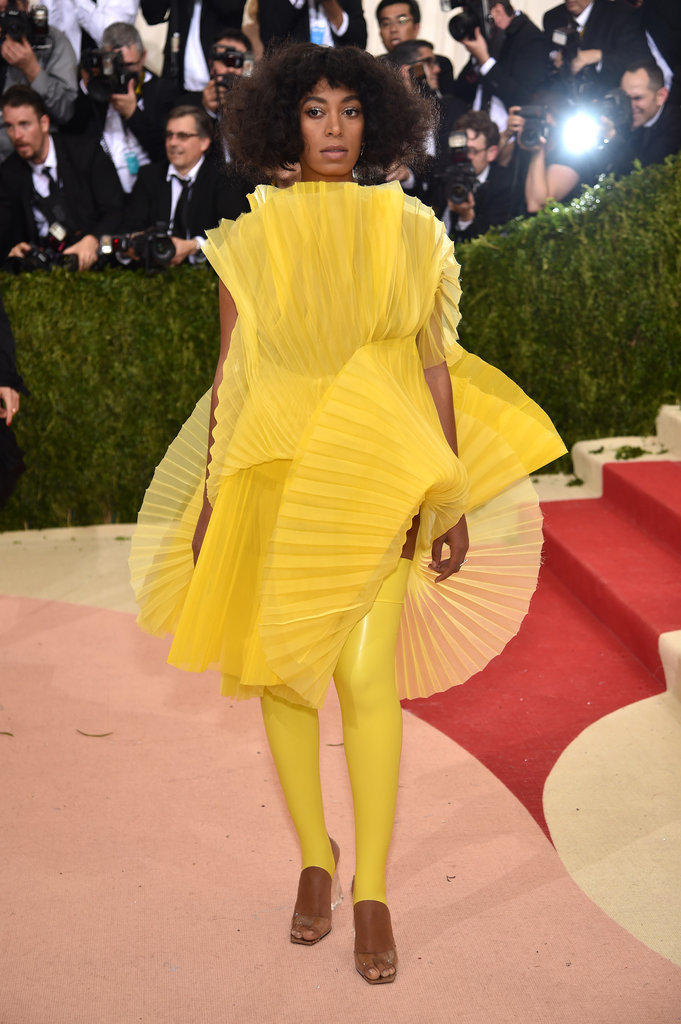| curly hair...and darker skin -- a recent development in the available selection (DOVE/WIRED) |
The idea here is pretty simple: Mobile advertising is really hard. Grabbing your attention inside your mobile messages is even harder. So instead of creating, say, a series of pop-up shampoo ads that drive you crazy, Dove wants to give you the chance to share a curly-haired smiling face if you want to. And, if you do, you may think of Dove and its products when you share that emoji.
Brands, celebrities, and marketers know that we spend so much of our time on our phones. But traditional pop-ups and banner ads don’t work well on those small screens. Emoji, however, increasingly rule our digital interactions. Sure, we, the people, have to choose to download and use a corporation or celebrity’s emoji, stickers, or GIF keyboards. But once we do, brands have a direct connection into our private messages, the place on our phones where we pay the most attention.
These kinds of emoji keyboards could actually capture our attention in a way that we want—and in a place that could become central to the future of advertising. And yet, for it to work, we have to want to play along.To me, all of this is pretty terrifying. Emoji is an emerging language, much like how bitcoin is now a legitimate currency. I'm not going to deny its importance and dominance in the current digital (and social) landscape. Emojis have a way of heightening and enhancing typical conversations (a well-placed smiley face in a heated text convo could make or break a friendship, depending on the context.) But what this article predicts is the increasing length that corporations will take to intrude in our inner lives. Not even the smiley poop emoji is safe, after all...you can find its pillow counterpart in Walmart. Verdict: No me gusta.


